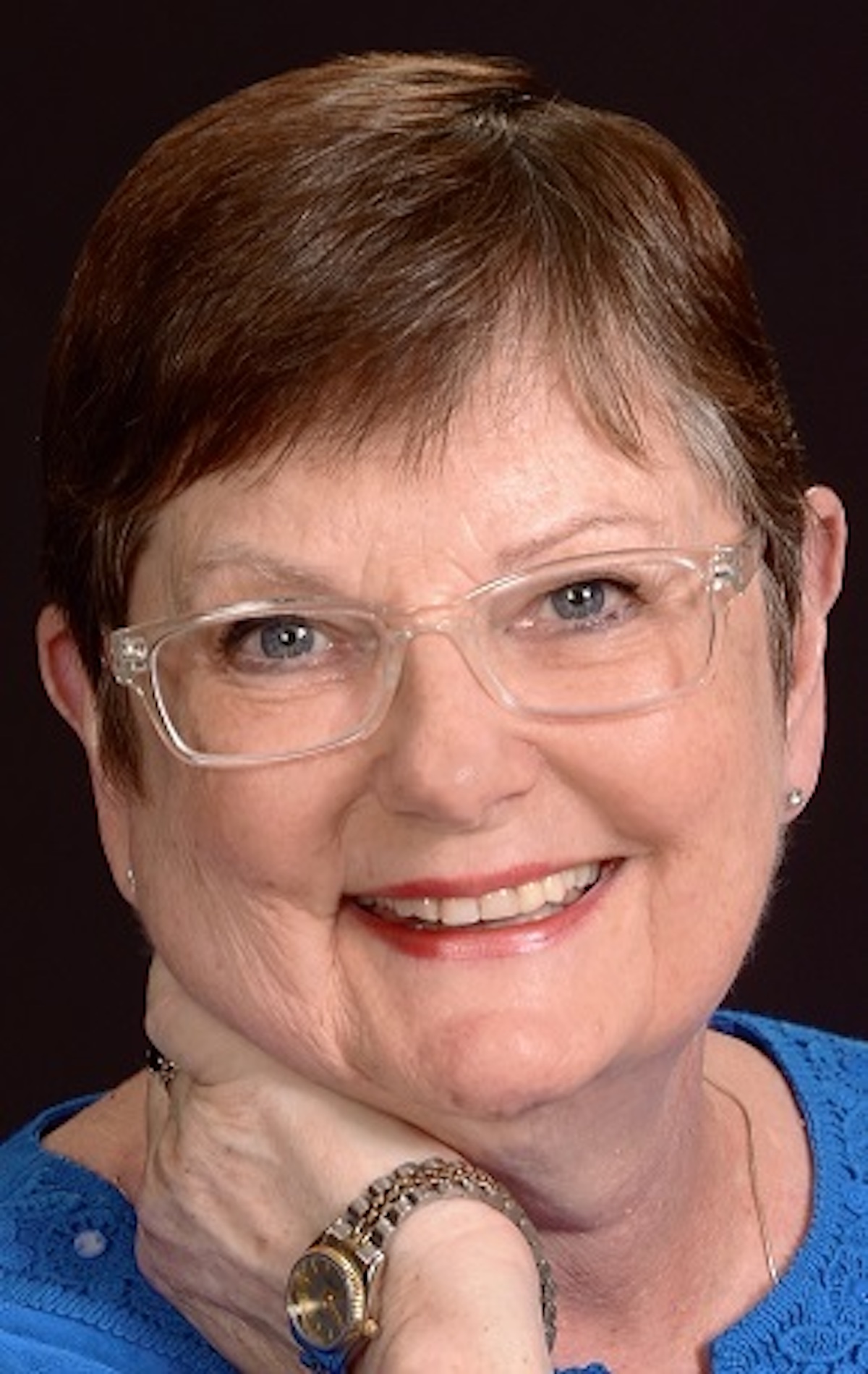By Andy Brack
A recent comment from a reader came in with a popular notion from a few years back when Republicans weren’t totally in control of S.C. politics: term limits. The reader said, “It is time to remove career politicians from all parties. Term limits would provide a natural barrier to long term corruption that is rampant in our system today.”
As much as many of our current state legislators may need to go because of continuing bad policy choices related to everything from exacerbating strife through culture wars to not dealing well with poverty, education and health care, term limits still are not the answer. If South Carolina had term limits like a handful of other states, things could actually get worse with even less qualified newbie legislators who don’t know how to run government and who would have to rely on unelected veteran staff members, whose behind-the-scenes power would grow.
Furthermore, the suggestion that term limits are needed to “inject new blood” into the system fails if you look at what has happened in our regular system of elections. Sure, there are some veteran legislators around who are in top positions because of seniority – positions they’ve earned for years of service in learning how to make the system work pretty well. They seek office, term after term. Examples: Republican S.C. Sen. Harvey Peeler of Gaffney first was elected in 1980, and the next two in seniority, Democratic Sen. Darrell Jackson of Richland County and GOP Sen. Luke Rankin of Horry County, joined the state Senate in 1992, the same year Bill Clinton became president.
But look at how many new senators we’ve elected in the past few years. Of the state’s 46 senators, 14 were elected in 2024. Another seven were elected since 2016. That means 21 state senators – almost half of the chamber – have fewer than eight years experience and many are brand new. If that’s not turnover for a fresh start – using the power that voters have to elect who they want to serve – what is?
The story is more dramatic in the 124-member South Carolina House of Representatives. There are two vacancies now and 14 new members joined the body after the November elections. In the 2022 elections, voters elected 26 new House members. In 2020, they elected another 10. So since 2020, South Carolina voters have elected 50 new members of the House – and two special elections are still on tap. Fifty-two House members of 124 is a whopping 42%! And that’s without a constitutional change to take away freedom for voters to pick the person they want to serve for one term or many.
In recent years, all of this volatility in our general political environment that’s more polarized than ever has changed the legislature. There are fewer deep thinkers. There are fewer people who understand nuance. Debates are rushed as lawmakers spend fewer weeks in Columbia – which many Democrats and Republicans are probably thankful for.
As we wrote in 2016 in another column related to the down sides of term limits, systemic changes at the Statehouse are most obvious in the state Senate: “Once the domain of where some ideas just went to die or to be talked to death, it also once served as a check to the hot-headedness of the S.C. House of Representatives and often made other ideas better and more stable. These days, it has become more like the House of old, moving forward with less reflection, more reaction.”
Automatically throwing out seasoned veterans who still want to serve and are doing a good job is not in South Carolina’s best long-term interests. Arguments about term limits will not solve any problems in our General Assembly, as witnessed by the huge turnover in recent years.
What will work, however, is if Republicans and Democrats really try to work together for the common good of South Carolinians instead of showing up to score political points while looking ahead to the next election.
Andy Brack is editor and publisher of the Charleston City Paper and Statehouse Report. Have a comment? Send it to feedback@statehousereport.com.






